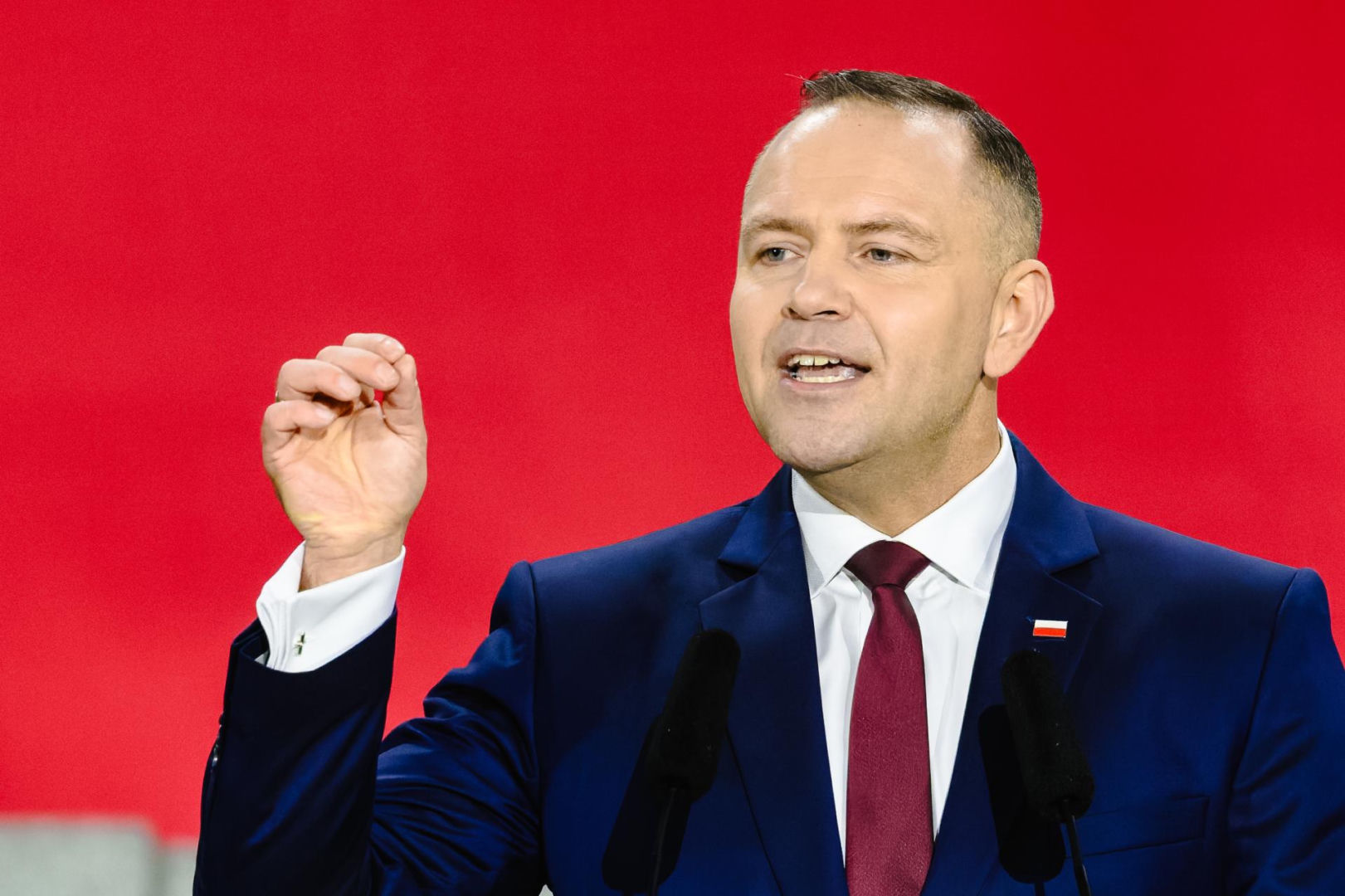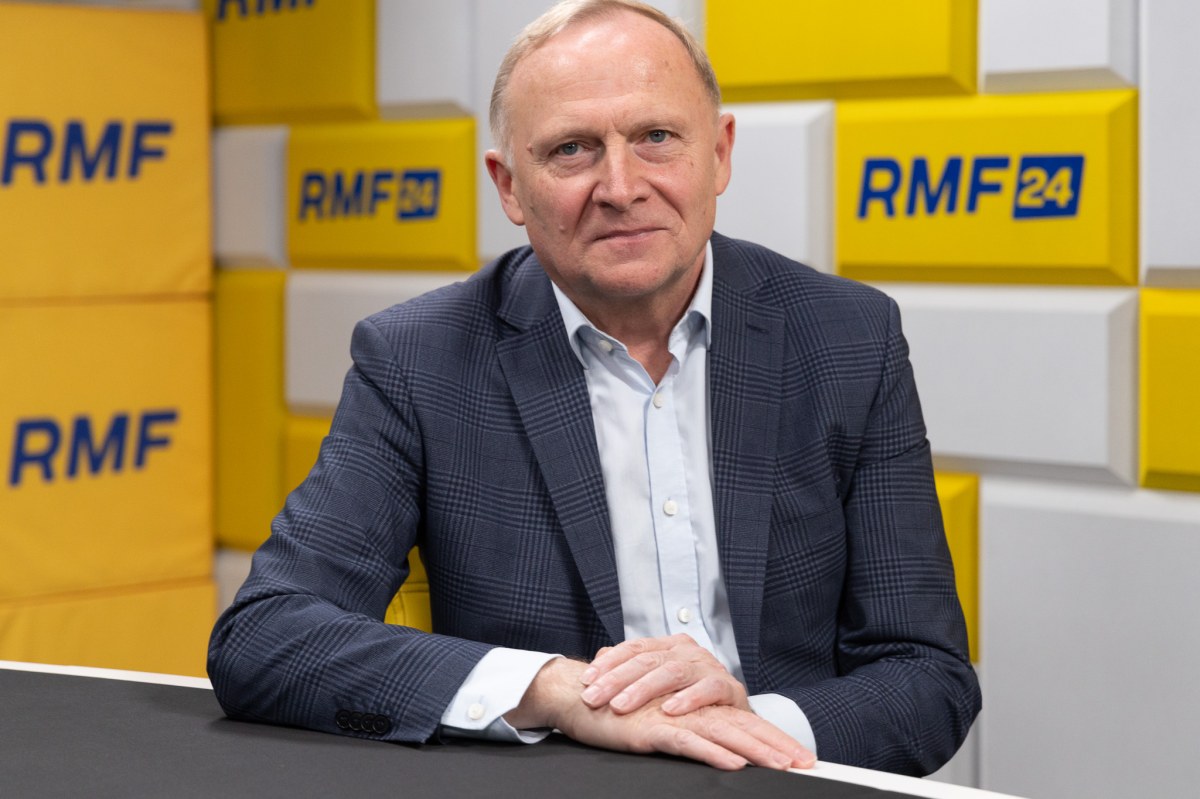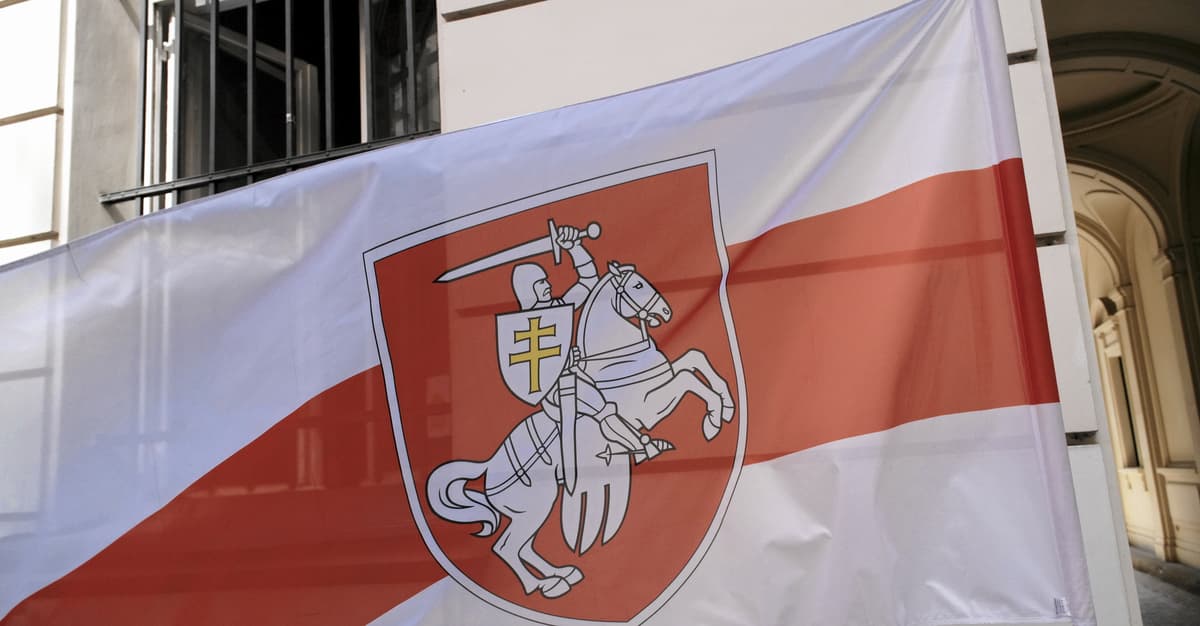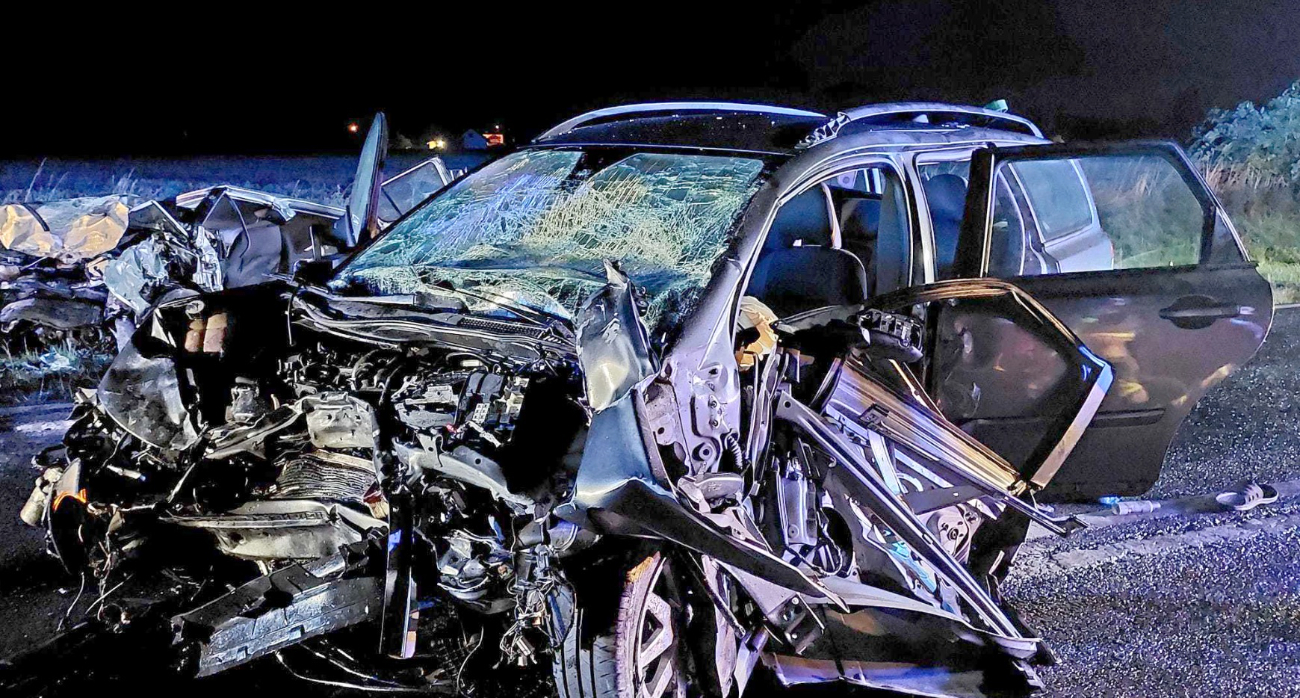
Mentzen (born 1986), contemporary version of “Bolka” Wałęsa (born 1943)
First a small theory:
"Crisis means a turning point in psychology, a breakthrough moment, a diametric change in perspective, something like solstice and recovery. The crisis of “half of life” is simply a complete change in the perception of oneself, the planet and its own relations with the world. This change illustrates the reversal of the time perspective, from the time already lived to the time remaining1( B.L. Neugarten, "Adult personality: Toward a Psychology of Life cycle" (in:) B.L. Neugarten (ed.), mediate Age and Aging: A Reader in Social Psychology, The University of Chicago Press, Chicago 1968, pp. 137–147). This sets out a completely fresh way of assessing the profits and losses incurred since youth and a fresh way of interpreting your own preferences, aspirations, ambitions and goals. reasoning and planning take place on a "now or never" basis, and a full scope of opportunities and opportunities so far treated as the most natural and apparent are called into question.
...
The transformation of half of life is that man turns to properties that were previously neglected or disproved of consciousness. In the first half of life, personality improvement remains under the overwhelming influence of the tasks and aspirations of starting a household and establishing its own place in the world. This is dominated by expansion, instrumental features that foster adaptation, success and accomplishment of goals, including strengthening your own position among another adults. But specified improvement is one-sided, which is not most frequently made aware.
In half of life, reflection is increasingly revealed, which is to stay a hallmark for the another half of it. At the same time, the ever-expanding possible of the end of life stimulates existential reflection and acts as an act of activating the pursuit of perfection and fullness. Through the transformations of half of life, man becomes more and more aware of the fact that by focusing on action in the outside world, he has reduced the chances of individual development. reflection on life to date, the balance of accomplishments and failures, leads to the designation of individual traits and opens opportunities for improvement towards the perfect of personality, among another things by expressing the qualities suppressed so far.
...
Author of the American bestseller on the midlife crisis, Daniel Levinson, mentions the following questions typical of the ‘catch of the road’ balance sheet: ‘What have I done with my life? What do I owe, and what have I been able to give to my wife/husband, children, friends, at work, the community and yet to myself? What do I truly want for myself and for others? What are my main values and what are the reflections in my life? What abilities do I have, and how do I usage them (or waste them)? What have I done to make my dreams come true, and what am I doing now? Can I live to combine my desires, abilities, and goals? To what degree am I satisfied with the life I live, and to what degree is it conducive to success and effectiveness? What and how should I change to make a good starting point for the future?12 (D.J., Levinson, C. Darrow, E. Klein and Others, The Seasons of Men’s Life, Op. cit., p.192)
...
The crisis of half of life is simply a good exemplification of Jung's breakthrough thinking, especially in the substance of temporal intellectual orientation and the importance of the future in intellectual development. The goals and tasks for the future seem to play a leading function in adult life, regardless of the degree to which they are influenced by past experience. The phenomenology of the experiences and experiences of half of life reveals the request for at the same time continuity and change in human life. fresh challenges, fresh opportunities and threats do not let us to stand still, inspire and force improvement to any extent, although taking these challenges remains the work of individual decisions, and man frequently escapes specified challenges.
The inspiration resulting from Jung's explanation for investigation and exploration of personality improvement processes in adults is unsurprising. Later solutions proposed in the framework of life-cycle psychology are clearly rooted in this topic" - for:The “fishing of life” crisis – explanation and inspiration
Now any cool statistics:
“The activity rate of Poles aged 25-54 is higher than the average of the European Union – according to the Thursday publication of the Polish economical Institute (...) As indicated in the pastry economical Week published on Thursday, the last decade in Poland saw a crucial increase in the participation of people in different age groups. For example, in the group of 25-54 years the level of activity inactive in 2013 was 84.6 percent, and in 2023 it increased to 88.6 percent.
This, as the analysts of the Polish economical Institute noted, exceeds the EU average, which in 2023 was 87%. It was added that Sweden (92.2%) and Slovenia (92.1%) were the leaders in terms of participation rates in this age group."
‘for: Employment participation rate of Poles aged 25-54 higher than the EU average
And now a jump to the “hot male confession” of 30-40 years old
Male lodge
Moving to the essence of the issue
I'll start with individual memories.
In August 1980, I was almost 26 years old. I had completed my studies, completed my military service, respective years of professional work, started my doctorate. I've been married for respective years. I saw a part of the world, due to the fact that during my studies I travelled around any countries and capitals of RPPG countries including their headquarters, or USSR – there I had the chance to meet Moscow, Leningrad, Kiev, and a fewer years later: Vilnius, Grodno, Riga, Tashkient, Bucharest, Samarkanda, Frunze, Fergana, Dushanbe, Baku, Aschabad. I visited Afghanistan (but before the war with the USSR); I was going to proceed my journey to India and Ceylon (but due to the voice of the heart left in Poland I turned back – being Kabul). I besides visited East Berlin (socialist) and West Berlin (capitalist). In order to gain a modest wage in 1 of the biggest Industrial Unions in Poland, I went to seasonal work in Germany in 1980: I met her radiances and shadows, besides those resulting from “inside Polish competition” for work and the amount of earnings. I did well, the German bauer provided me with good social conditions and encouraged me to stay, due to the fact that as a German-speaking man, I was a useful intermediary between him and a group of tyrannical Poles (I besides bullied, but it was easy for me, due to the fact that my grandpa taught me my work, and as a young husband and future father I had a bright- flat and financial independence).
In August 1980, and in fact as early as mid-July, German media began reporting on strikes in Poland. I followed them on a regular basis and tried to realize them not so much as the purpose.
At the end of August 1980, my wife and I made a decision to return to the country (it is known: parents, and besides, the wife had a defence for her master's thesis). We returned to the country just before the “hot” end of strikes on the coast, in Gdańsk and Szczecin. As a young doctorate, I was absorbed by the atmosphere of the "solidarity revolution". How much this has sparked disputes with my father, who in 1956 experienced akin "Revolutionary fascinations" and presently clearly assessing solidarity puppets and provocateurs, he besides correctly assessed the co-operation of the KK hierarchy in the solidarity, anti-Polish hucpa – despite the celebrated warnings of Cardinal Wyszyński, since August 26, 1980, before the “advisers of the National Council for the Polish pedigree”.
To KOR and KPN, I had the right distance, aptly diagnosing both inspirations and goals of both movements, which were patronized by foreign, Anglo-Jewish executive centres.
On NSZZ “Solidarity” I was fooled for respective years, although the closest was to national-patriotic orientation within the framework of “Solidarity”. Throughout the following 1980s, the scales of the eye fell, although inactive in December 1990 I was manipulated by the “patriot” of Walesa - “Bolka” and the doctrine of the alleged “minor evil”. In general, however, 1980s, under the influence of reading and reasoning related to my doctoral work devoted mainly to the views of Polish economists from the national environment: St. Głąbiński, St. Grabski, R. Rybarski, W. Grabski – it was a period of sobering up from solidarity.
The end of the 1980s and until the mediate of the second decade of the 2000s is simply a period of my individual experience as a private entrepreneur and at the same time since the beginning of 2001 as an active political national activist.
Conclusions for the future
I have made this individual message to make it clear to possible readers that the period of the alleged "real socialism in the national edition and block of RPPG and the UW", the "Polish perestroika" and the alleged "free-market-democratic transformation", and yet the "promised EU paradise" – not only that I did not last as a passive observer, but mainly as an active and mature associate of events.
No national socio-economic and political processes take place in isolation from the context and external and global influences. The little sovereign the country is, the little subjective its position in the global system, and thus intra-national political and socio-economic life is more shaped according to the interests and projects of abroad decision-making centres.
Since the beginning of the 20th century, the centre of these external decisions concerning Polish matters has gradually moved from the centre in London and Vatican, then fresh York-London-Watykan, through a short Stalin period- erstwhile it co-decided Moscow and Vatican, ultimately, back to the influences of fresh York and Washington with the participation of London, with the participation of the Vatican. The function of Berlin and the EU Brussels in my view remains secondary and is not decisive.
The structure and hierarchy of decision-making centres is besides reflected in the structure of national authorities in Poland. This structure and degree of autonomy of national authorities are closely planned and subject to the interests of external curators. It is based on analyses of specialised sociological-psychological, economic, geopolitical-mostly American centres, involving intelligence services and information-psychological war units, and now besides hybrid warfare and military units of proxy operations.
The emergence of the anti-socialist opposition and consequently the Solidarity movement was designed in the US and financed by US funds, frequently utilizing financial transfer lines and channels of material and method support from European countries. The alleged "political elites" were besides designed according to the effects of sociological, intellectual and political studies of American technological centres.
In the late 1970s, based on the above-mentioned studios and concepts created in the US, the oppositionist ethos was built: intellectual-anti-communist; laborer-revolutionary; farmer-anti-PGRowski individualist and anti-cooperative; patriots-rusofoba and ultracatholic; politician-pro-western and pro-pro-capitalist enthusiast. Due to the professional structure and organisational strength, workers' environments have been placed on as the most effective tool for destabilization and "system transformation". Hence the leadership of the “protest and transformation” movement, and indeed the demolition of manufacture and the state, a individual like 37-year-old shipbuilder Lech Wałęsa. Hence, the main effort of abroad curators to usage the "unconscious, created discontent" of 20-30-40 years of industrial workers and alleged peasant workers" to accomplish their own goals, namely disintegration of the Polish society, acquisition of the national property of Poles and installation of sold, infiltrated, agentural "elite of power".
A akin process, but in a fresh socio-political and technological reality, is happening now. The Polish economy, which has undergone a shock treatment of "privatization" and the "reddening" of public services and state institutions, has consequently spawned a fresh social structure. This is based no longer on engineering and management staff and workers of state, cooperative and municipal enterprises, but on private-unorganized entrepreneurs, employees of abroad manufacturing, commercial, financial and media corporations. The function of farm organisations and national agricultural unions is completely marginal. Trade unions have become decorative and corrupt organizations managed by party-political agreements and have completely lost their professional-branch, social and political independence.
In the fresh socio-economic and political reality, a close neo-colonial state structure is besides needed to make a political environment, generationally and "professionally". The environment, which is poorly educated, has full adopted a consumer-individual model of everyday life and career and socio-political pathways. specified a political environment is the Confederate.
Old "transformative" comprador staff consume themselves, lose their authority in the field of the rolling interior conflict for scraps offered by curators of the Polish national wealth. A generational change of the Compradorian "Elit of Power" is needed. There is simply a natural process of wanting to advance and participate in the "power" which, in view of the skillful social-psychological treatment and the proven tools and mechanisms of corruption and vassality for centuries, is simply a full available authority, sold to the will and interests of external curators. The Confederacy is an ideal, created by the curator-coach of the compasses and vassals of Anglo-Zionist sovereignty over Poland. any of the ignorant and thus naive members of the Confederacy (like the serial members of the multimillion-dollar Solidarity movement from 45 years ago) do not realize this. On the another hand, the leadership group, highly conformist and corrupt materially and politically, perfectly understands and fulfills the social and political function that abroad curators and supervisors have created for them.
Sławomir Mentzen – as well as many another Confederate Verchists present in the Sejm benches and the European Parliament, is the laboratory effect of external decision-making centres – presently influenced by pseudo-conservatists, traditionalists, herrolds of pseudo-national-national-swedish programs, the authors of which are Washington, fresh York- Vatican and inactive underestimated, standing in the shadow of London.
Currently 38-year-old Mentzen is expected to seduce contemporary 20-30-40-year-olds, created by a successful private entrepreneur, an expert in “tax optimization” and “digital financial engineering” under the slogan “investments in cryptocurrency, guaranteeing business and life success”. For additional credibility, Mentzen, as well as the another “social magician”-Grzegorz Braun, put on the robes of a believer of “Gietrzwald’s miracle” – to be a warrant of Poland’s survival, through the care of Mary – the Queen of Poland and Christ the King as a ruler of Polish souls and a guarantor of the earthly social order – based on private property and entrepreneurship, capitalism and rejecting “communism” – in the knowing of “Eastern, Russian” (which has for over 35 years had nothing to do with “Russian reality” in modern Russia and Ukraine).
Is there any way out of the planet of compradency and the externally designed fiction of sovereignty not only Poland but besides another countries? This is and must already be the subject of another article, and mainly another independently designed short- and long-term actions. Actions of conscious, multigenerational environments of Polish patriots – about national goals and Slavic civilization roots.
PZ











